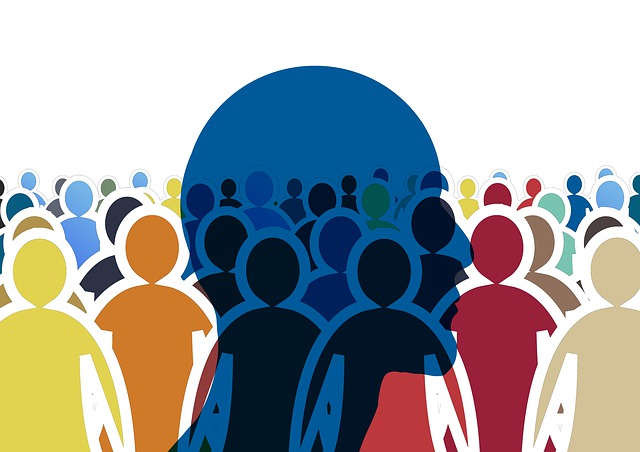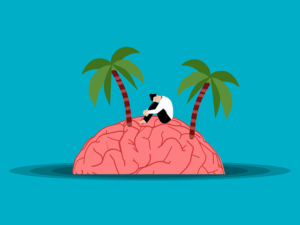
By Shefali Luthra, The 19th.
Originally published by The 19th.
Coronavirus cases are steadily declining, and more than 50 percent of American adults have been fully vaccinated against the virus. It’s the moment many have been waiting for: to move more freely in the world, to see and hug friends and family without fear. But as more states fully reopen — and as more people can safely socialize — mental health researchers say that for many, the transition could be rough.
The transition back into society is likely resulting in all types of anxiety. For those who already experienced social anxiety disorder, it could trigger a resurgence in symptoms, said Richard Heimberg, a psychology professor at Temple University who has studied social anxiety since the early 1980s. Even those without a history of social anxiety may find themselves experiencing it for the first time, he added.
“A number of people have been taken by surprise by the anxiety — social and otherwise — they’re experiencing. The transition and the opening up of things is creating both a desire to get back to normal life and an expectation that you will do that,” he said. “We expect it to be as simple and easy as it was before. And it’s simply not.”
Social anxiety disorder is among the most common anxiety disorders. About 12 percent of Americans are estimated to experience it at some point in their lifetimes, per the National Institute of Mental Health.
And, like all anxiety disorders, the condition is significantly more common in women. There are roughly three women with social anxiety disorder for every two men who have it, though men are more likely to seek treatment. There is little research directly comparing nonbinary people’s rates of social anxiety. But Dr. Vivian Pender, a New York-based psychiatrist and president of the American Psychiatric Association, said that nonbinary people are also at greater risk, a by-product of societal discrimination.
The 19th broke down what exactly social anxiety is, why it may be more common right now, and how to self-manage when it hits.
What is social anxiety?
Social anxiety disorder is distinct from other types of anxiety. In its more severe manifestations, it is marked by “persistent fear and avoidance of social situations due to fears of evaluation by others,” per research published by the American Psychiatric Association.
Those with lower grade social anxiety — not necessarily social anxiety disorder — are typically afraid of engaging in social situations where they could face judgment by others. But the fear doesn’t necessarily impair their ability to function day to day.
Like other mental health conditions, social anxiety has physical implications, too, including sweating, a quickened heartbeat, trembles and an upset stomach.
Researchers don’t know why the condition is more prevalent in women. There is also little explanation for …….
Source: https://www.mprnews.org/story/2021/06/21/the-19th-explains-how-to-manage-postpandemic-social-anxiety




